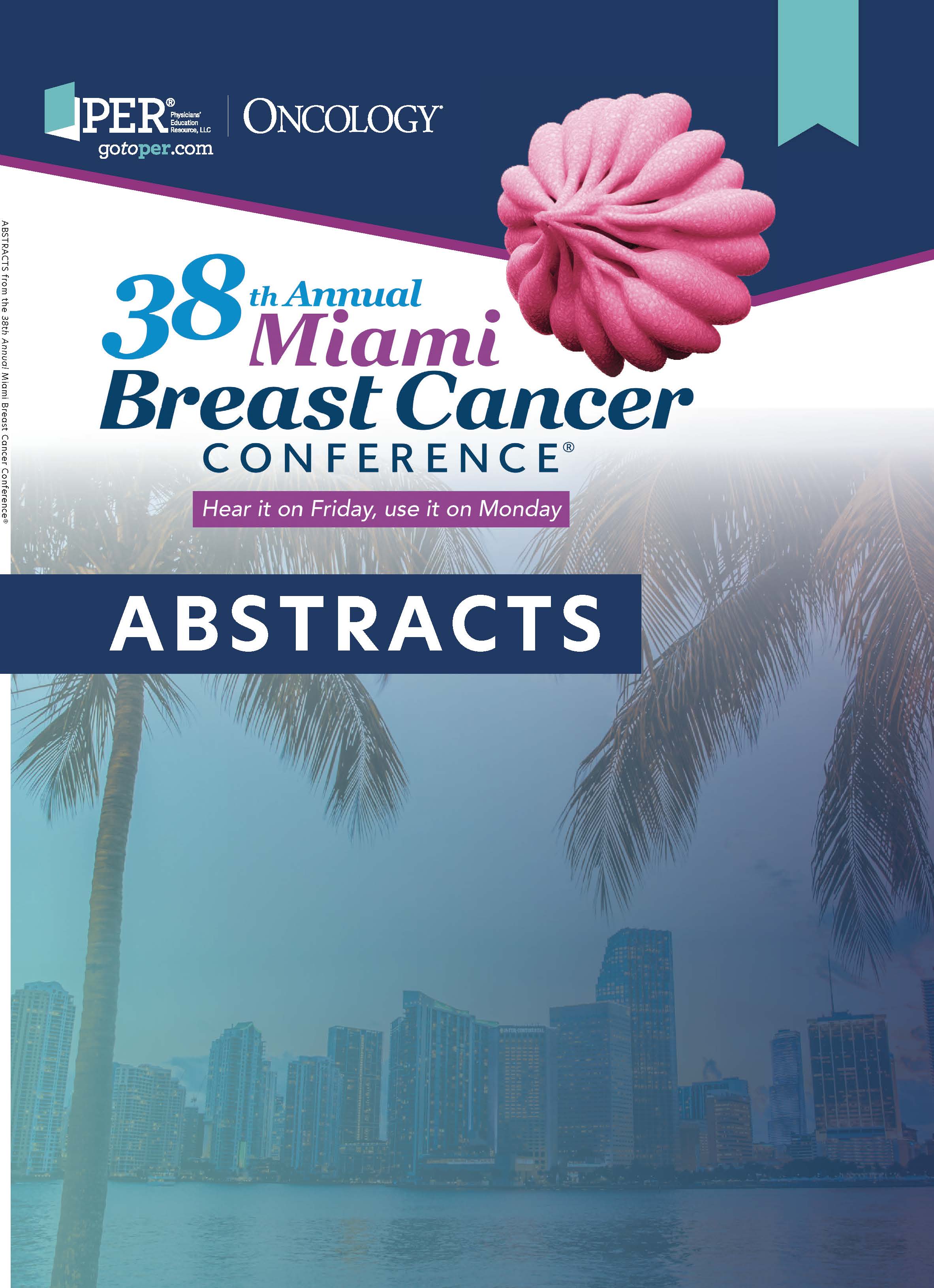12 Caseload of Rural General Surgeons: A Focus on Breast Surgery
Shaneel Bappayya, BMedSc, MBBS1
1St Vincent’s Hospital, Melbourne, Australia.
Background
The delivery of surgical services in rural and regional areas remains a challenge with the increasing trend toward urban centralization of surgical specialities. In Australia, much like in the United States, significant barriers remain to access to health care for patients who reside in rural areas and require breast surgery. While up to 33% of Australians live in rural or regional areas, only 14.8% of surgeons work in these areas. Data regarding the caseload distribution of general surgeons working in a regional setting in Australia and who perform breast surgery remain scarce. In order to better examine the challenges faced by rural general surgeons, this study aims to examine the breast surgery caseload of general surgeons working in regional Australia.
Materials and Methods
A retrospective review of surgical procedures carried out by general surgeons at Albury Base Hospital between January 2007 and December 2014 was undertaken. Surgical procedures were grouped according to the classifications of the Royal Australasian College of Surgeons Morbidity and Audit Logbook Tool and were subsequently analysed.
Results
During the study period, 13,415 surgical procedures were carried out by 9 general surgeons. Of these, 543 (4.05%) were breast surgery cases. There were 99 mastectomies, 214 wide local excisions, 35 re-excisions, and 62 axillary dissections performed during the study period, as well as 111 minor breast surgeries. Simple mastectomies far outnumbered subcutaneous mastectomies (95 vs 4; P <.001). All general surgeons performed operations in surgical specialties outside of general surgery, including cardiothoracic, orthopaedic, otolaryngologic, neurosurgical, vascular, and urological procedures. Albury Base Hospital holds monthly multidisciplinary meetings for breast, colorectal, and endocrine surgery disciplines.
Conclusions
This study adds weight to the value of a broad skill set in the provision of surgical services in a rural setting, with breast surgery representing a relatively small proportion of the caseload of rural general surgeons. Patients were more likely to undergo simple mastectomy than subcutaneous mastectomy with reconstruction. Access to a multidisciplinary meeting remains crucial in the provision of breast surgery services in a rural setting.
